Ever share a story on Instagram and then ask yourself, “What if this backfires?” Social media has made it harder to distinguish between legal responsibility and personal expression, as millions of users share images, videos, and opinions every day.
Social media content, such as Instagram stories, is increasingly being admitted as evidence in Indian courts. That being said, in what situations might your story be used against you? Let’s take a look at it.
What Counts as Evidence in Indian Law?
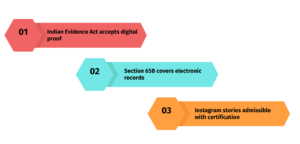
Knowing what the law says about evidence is crucial before using Instagram. Oral and documentary evidence are both accepted under the Indian Evidence Act of 1872.
According to Section 65B of the Evidence Act, electronic records, including emails, texts, and posts on social media, are admissible.
The Indian Supreme Court has elucidated that electronic documents are admissible as proof provided they are genuine and supported by appropriate certification. Interpretation? Your Instagram story does indeed count as an electronic record.
Can an Instagram Story Be Used in Court?
To put it succinctly, it can. Here’s how:
Screenshots and Screen Recordings: With the right certification, a screenshot of your story taken by someone else may be used as evidence in court.
Meta Data Proof: To confirm authenticity, authorities can obtain Instagram logs (time, location, and IP address).
Third-Party Testimony: If your story was seen by several people, their testimonies may support it.
Situations Where Your Story Can Get You in Trouble
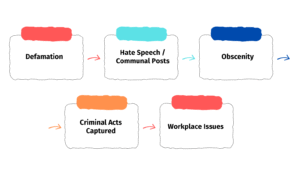
Not every story will land you in court, but some definitely can:
Defamation – If your story damages someone’s reputation.
Hate Speech / Communal Posts – Content that spreads hatred or violence.
Obscenity – Posting explicit or offensive material.
Criminal Acts Captured – If your story shows you engaging in or admitting to a crime.
Workplace Issues – Sharing confidential company data or defaming employers.
👉 Real Case Reference: Indian courts have admitted WhatsApp chats, Facebook posts, and Twitter activity as evidence. Instagram is no exception.
Can You Defend Yourself?
Yes, but it varies by situation. Typical defences consist of:
- Authenticity Challenge: Making the argument that the screenshot was fake.
- Inadequate Certification: The evidence might not be reliable if the Section 65B certificate is absent.
- Freedom of Expression: The Constitution’s Article 19(1)(a) guarantees the right to free speech, albeit with restrictions (though not hate speech or defamatory content).
How to Stay Safe Online
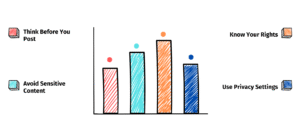
Since your digital footprint is permanent, follow these golden rules:
Think Before You Post – Assume everything online is permanent.
Avoid Sensitive Content – Especially regarding religion, politics, or personal attacks.
Know Your Rights – Understand what qualifies as defamation or hate speech.
Use Privacy Settings – Restrict story viewers, but remember: screenshots bypass privacy.
So, is it possible for your Instagram story to be used against you in India? Indeed. If supported by the appropriate legal procedure, it can have the same impact as a signed letter or an email.
Your online story today might become a court story tomorrow in the digital age. Make good use of your platform. Although your phone may be your greatest tool for expressing yourself, it can also be used against you.
Do you want to stay on top of India’s legal developments? 🚀 Edzorb Law, your go-to resource for legal awareness and judiciary preparation, offers condensed law notes, case briefs, and practice exams.


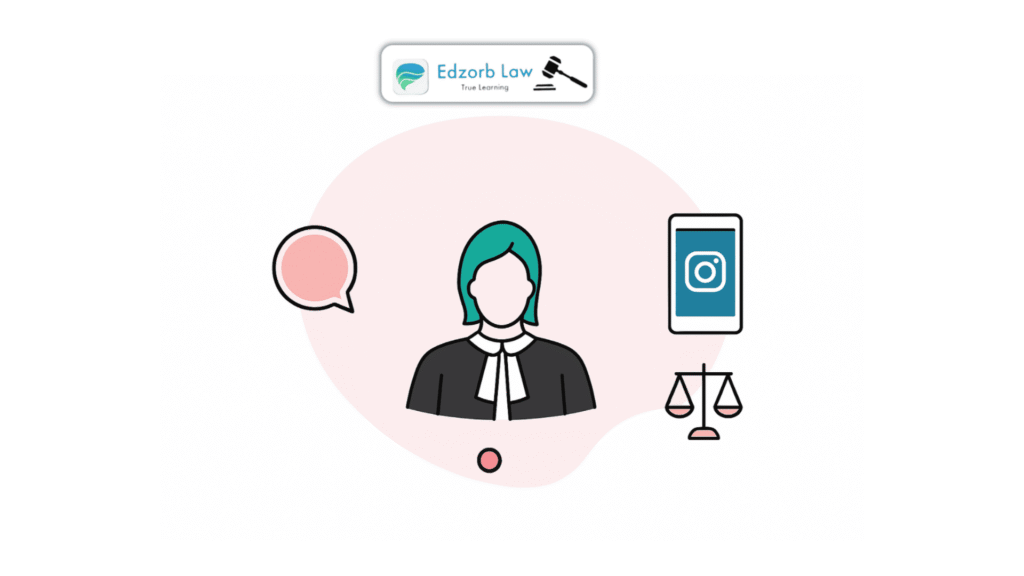
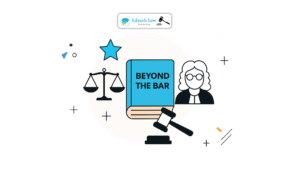

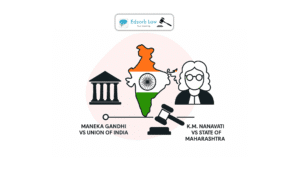
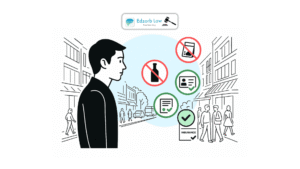



 Features
Features






